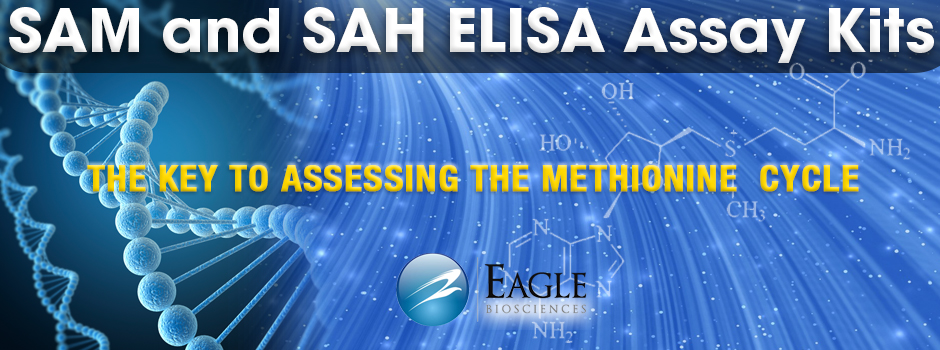
Measuring Both Intact and C-Terminal Fragments with Versatility and High Sensitivity.
FGF-23 (C-Terminal) ELISA is for Research Use Only, Not to be used for diagnostic procedures.
Eagle Biosciences’ Bone Metabolism Line is a comprehensive portfolio of assays for detecting and monitoring numerous biomarkers for the regulation of bone and mineral homeostasis, assisting researchers in various fields of study. One unique kit offered in our Bone Metabolism Line is our FGF23 (C-Terminal) ELISA which offers highly sensitivity, versatility with use of multiple sample types with excellent stability, and valuable results in emerging areas of research. Our FGF23 (C-Terminal) ELISA assay provides incredible value and unique insights for research surrounding the investigation new biomarkers that could improve prediction of CKD progression, as well as the discovery of new drug targets.
Why Measure FGF23 with EagleBio’s Assay?
- Highly Sensitive: clear differentiation even at low serum FGF23 levels
- Multi-Matrix Samples: serum and plasma samples (EDTA, heparin, citrate)
- Serum Based Standards and Controls: provides biologically reliable data
- Small Sample Volume: only 50 µl of sample required
- Simple Assay: easy protocol, all reagents are included, and easily adapted for automation
EagleBio’s FGF23 ELISA is the most specific kit in the market, uniquely
designed to detect both Intact and C-Terminal fragments.
Related Kits:
FGF23 ELISA
Bone Metabolism Assay Kits
Related News:
January 2015: Eagle Biosciences Introduces New FGF23 (C-Terminal) ELISA
Assay















